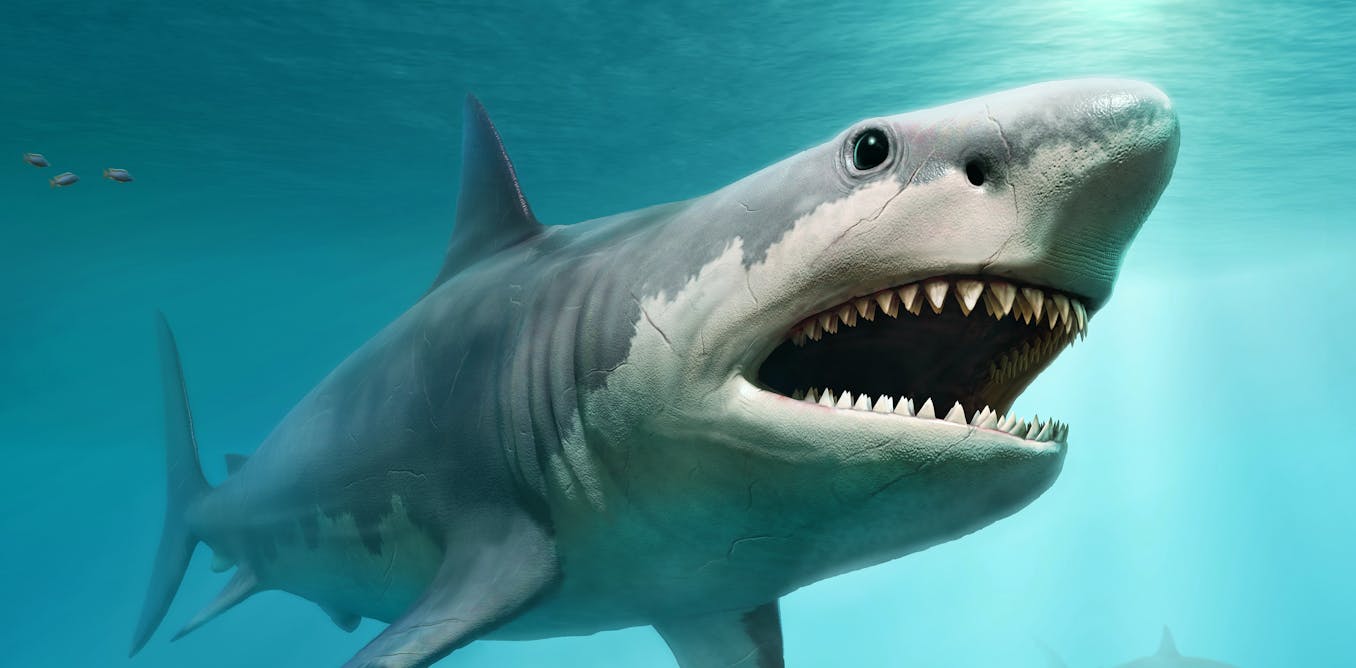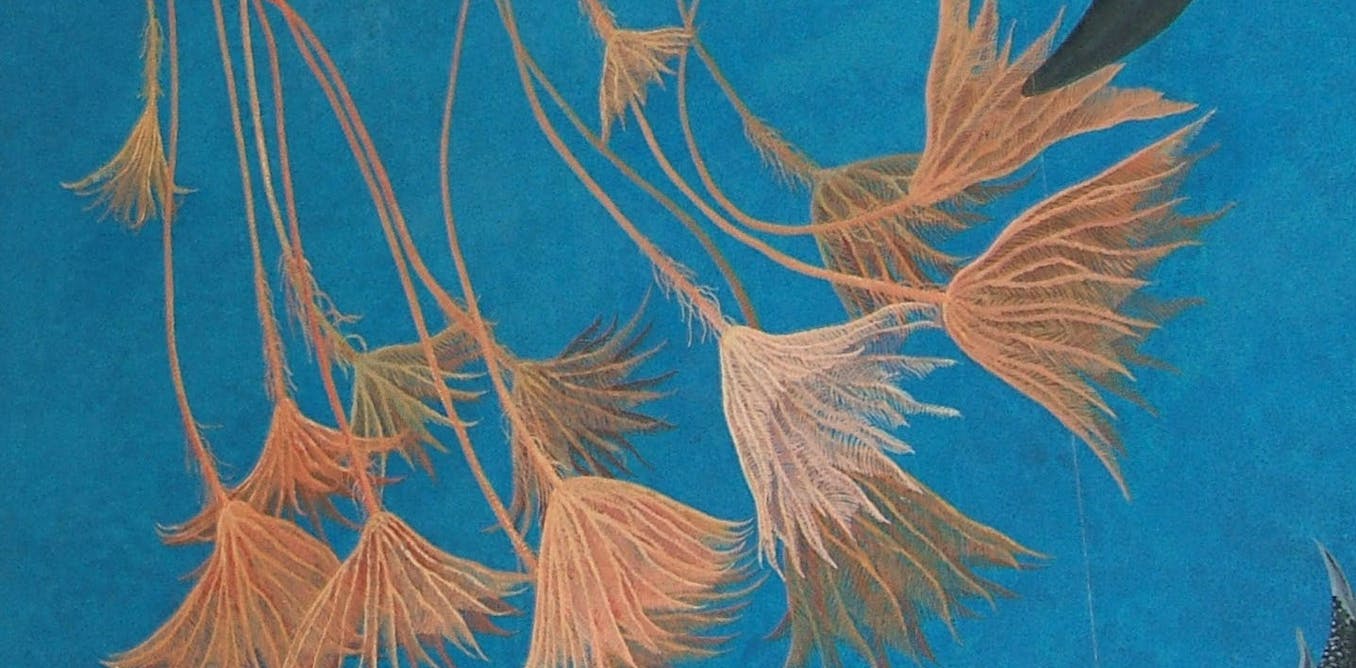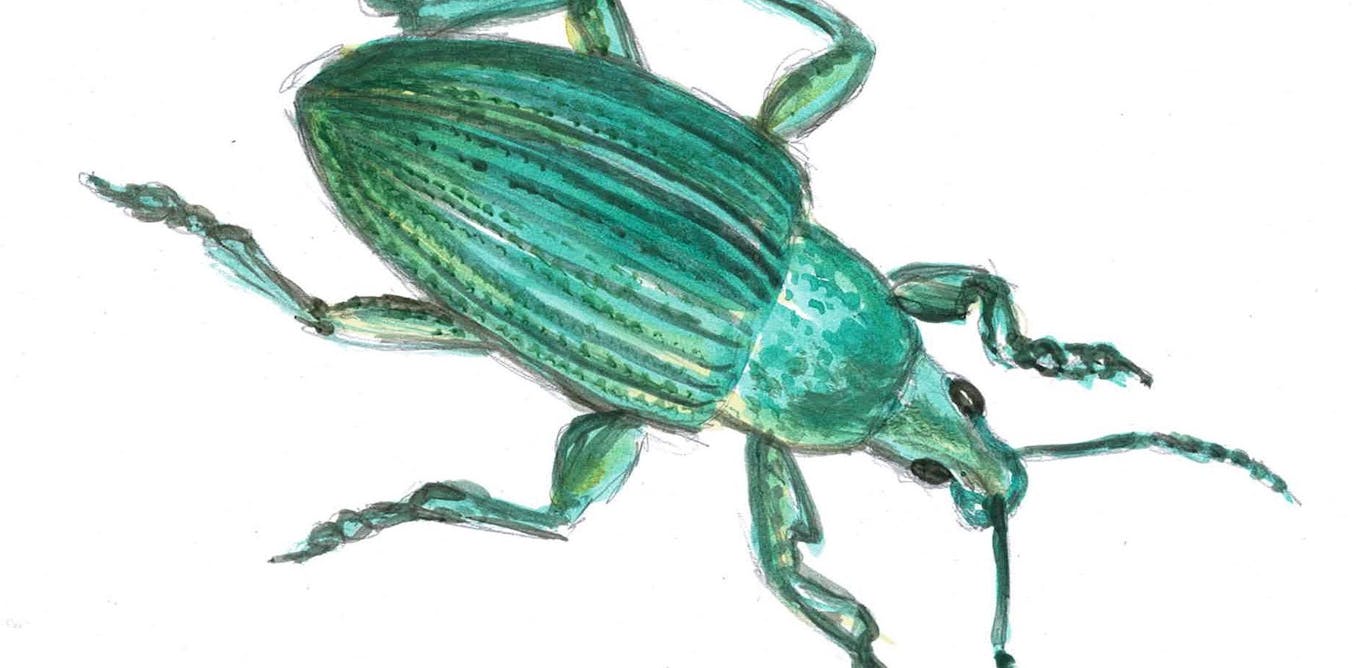Giant ancient sharks had enormous babies that ate their siblings in the womb
New fossil detective work sheds light on the life of megalodon, the biggest predatory shark ever discovered.
Jan. 11, 2021 • ~5 min
War in the time of Neanderthals: how our species battled for supremacy for over 100,000 years
Did Neanderthal military superiority delay our migration out of Africa?
Nov. 2, 2020 • ~9 min
Pterosaurs increased their flight efficiency over time – new evidence for long-term evolution
Fossils reveal that dinosaurs' flying cousins become twice as efficient at flying over 150 million years.
Oct. 28, 2020 • ~6 min
Fossilised teeth reveal first mammals were far from warm blooded
New study used X-rays of the teeth of early mammals' to show they were more like cold blooded reptiles.
Oct. 13, 2020 • ~5 min
Ancient sea creatures spent years crossing the ocean on rafts – we've worked out how it was possible
New research show how crinoids could live for so long on floating wood without it breaking up.
Aug. 10, 2020 • ~7 min
Why some species thrive after catastrophe – rules for making the most of an apocalypse
When the dinosaurs went extinct, some species took over the world. Adaptability, not survivability, explains why.
July 20, 2020 • ~9 min
Prehistoric climate change damaged the ozone layer and led to a mass extinction
New research on the Late Devonian extinction suggests the ozone layer could be naturally depleted as the temperature rises.
June 1, 2020 • ~7 min
How did insects get their colours? Crystal-covered beetle discovery sheds light
Researchers realised a dull-looking 13,000-year-old weevil was actually covered in brilliant green, blue and yellow nanoscopic crystals.
April 16, 2020 • ~7 min
/
6







